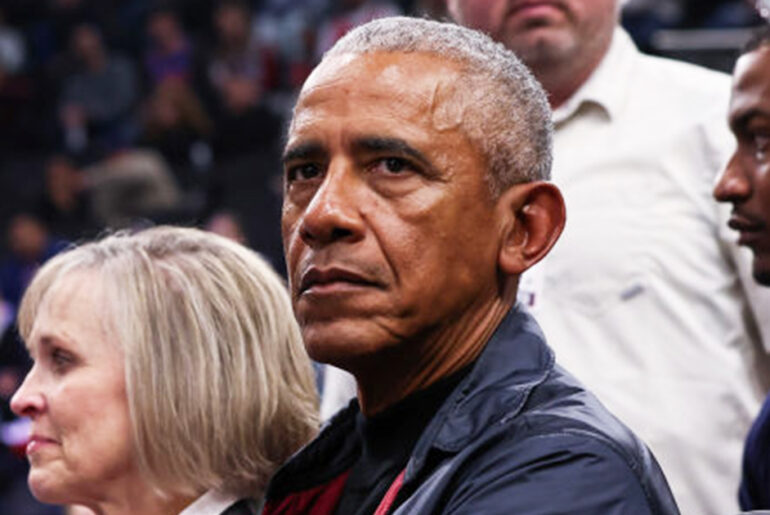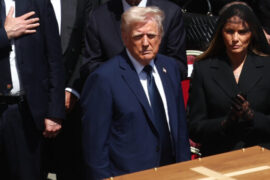There’s no secret that Donald Trump isn’t exactly a fan of America’s elite academic institutions — and the feeling is clearly mutual when it comes to Barack Obama’s opinion of Trump. But according to many, the former president’s latest jab may be his most cutting one yet…
”I have deep differences of opinion..”
Even though they were seen sharing a laugh while seated together at Jimmy Carter’s memorial service, the ideological divide between Barack Obama and Donald Trump remains as wide as ever.
Speaking earlier this month at Hamilton College in Clinton, New York, Obama didn’t hold back when referencing the current president — his former successor.
”I have deep differences of opinion with my most immediate successor — who’s now president once again,” Obama said during his speech.
He went on to say, ”There are a host of policies that we could be discussing where I have strong opinions,” adding that he believes the government’s dedication to core values has “eroded.”
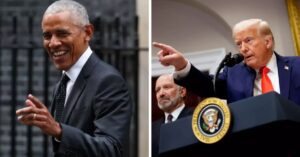
Something else that clearly doesn’t sit well with Obama is how the Trump administration is treating the prestigious Harvard University — an institution he has strong ties to, having earned his law degree from Harvard Law School.
The controversy stems from the Department of Education’s decision to freeze a staggering $2.3 billion in federal funding for Harvard. This move came after the university declined to comply with a list of demands issued by the Trump administration.
Harvard has refused to dismantle its diversity, equity, and inclusion programs, ban masks at campus protests, implement merit-based hiring and admissions reforms, and reduce the influence of faculty and administrators — whom the Republican administration has accused of being “more committed to activism than scholarship.”
”The University will not surrender”
According to the White House, the list of demands sent to Harvard last week was aimed at tackling antisemitism on campus. The proposed changes targeted key areas such as faculty hiring practices, admissions policies, and course content.
Harvard President Alan M. Garber made it clear on Monday that the Ivy League institution won’t back down, stating, “The University will not surrender its independence or its constitutional rights.”
According to CNN, Harvard is reportedly the first top-tier U.S. university to push back against the demands coming from the White House.
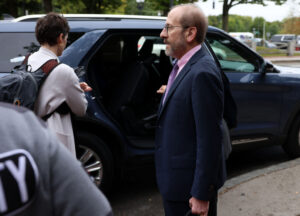
And now, Barack Obama just stepped into the Harvard vs. Trump showdown — and his comments are making waves.
As tensions continue to rise between Harvard University and the Trump administration over the government’s attempt to withhold billions in funding, the former president has thrown his support behind his alma mater, slamming what he sees as a political overreach.
“Harvard has set an example for other higher-ed institutions – rejecting an unlawful and ham-handed attempt to stifle academic freedom, while taking concrete steps to make sure all students at Harvard can benefit from an environment of intellectual inquiry, rigorous debate and mutual respect,” Obama writes on X.
“Let’s hope other institutions follow suit.”
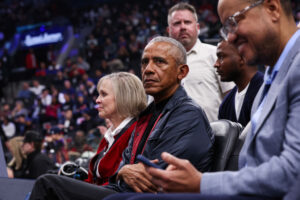
This clash between Harvard and the Trump administration has sparked a national conversation — not just about antisemitism or campus protests, but about the future of higher education in America. At the heart of it all is a fundamental question: Who gets to decide what’s taught, how it’s taught, and who belongs in the classroom?
As Harvard stands firm in defense of academic freedom, and as figures like Barack Obama rally behind the university, the pressure is mounting on other institutions to pick a side. Will they follow Harvard’s lead and push back against political interference? Or will they bend under the weight of federal dollars and partisan demands?
One thing’s for sure — this debate is far from over. What do you think?

